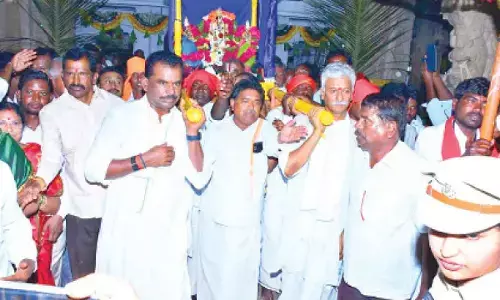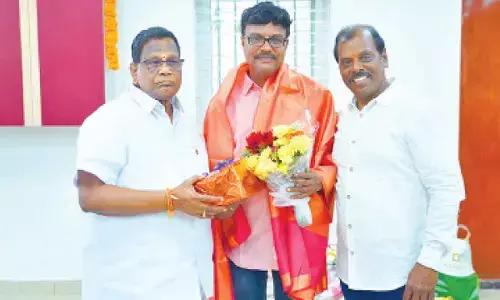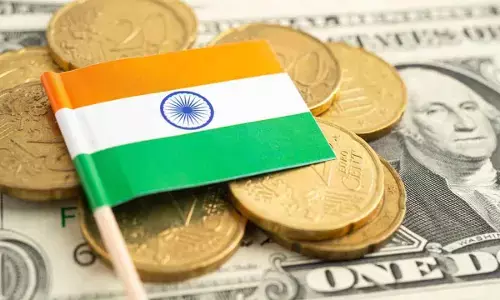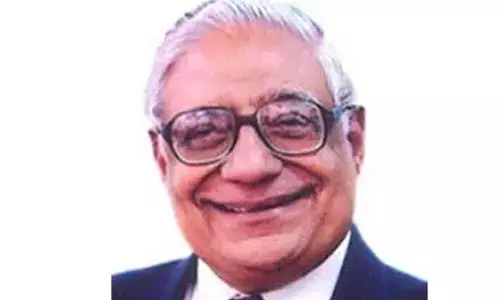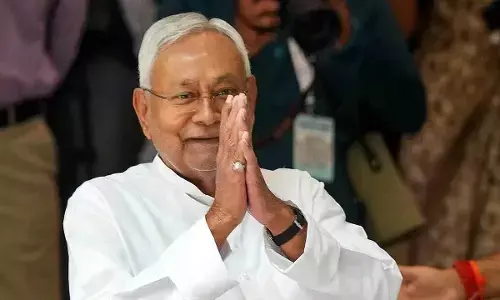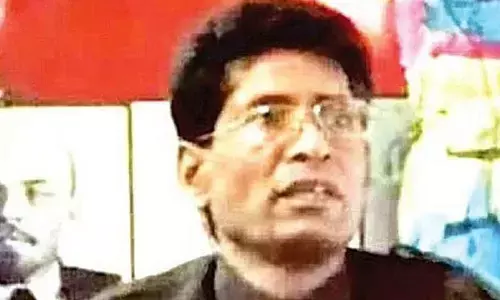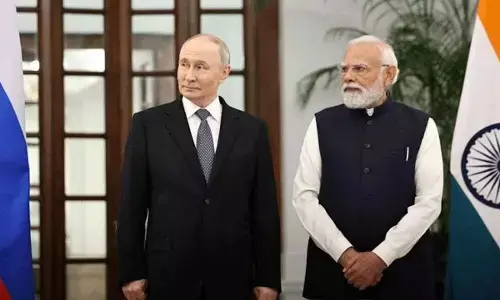‘Unsatisfactory jobs, big problem in India’
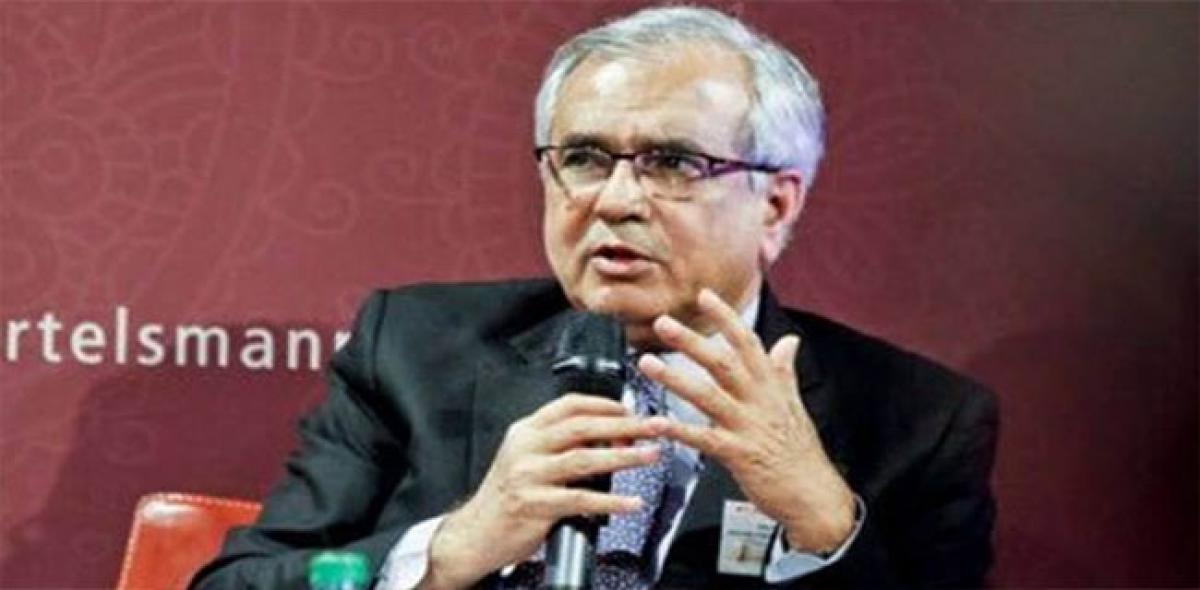
India faces the problem of under-employment and an unsatisfactory job scenario more than unemployment as the young generation has higher aspirations compared to what is on the ground, NITI Aayog Vice Chairman Rajiv Kumar said on Wednesday.
New Delhi: India faces the problem of under-employment and an unsatisfactory job scenario more than unemployment as the young generation has higher aspirations compared to what is on the ground, NITI Aayog Vice Chairman Rajiv Kumar said on Wednesday.
And, he said, there is a challenge to create a balance in this " turbulent time" of increasing technological intervention and employment generation. "We must be cognizant of the fact that India is competing or moving on an economic transition in a very-very turbulent time.
You have an emerging trend of automation, robotisation, artificial intelligence (AI) on one hand and employment generation on the other. And therefore we need to find some very clever and smart ways of handling this," Kumar said. Speaking at a post-budget conference organised jointly by industry body CII and Institute of Economic Growth (IEG), he warned however that any attempt to find a quick fix solution through a cut-paste model from abroad or any variety will not succeed.
There is a need to work together to handle this "acute problem", he said. Kumar further said: "Young people are off course, are not satisfied with what they have on the ground. Their aspirations are running miles ahead of the ground reality. "And that is the fact. I don't think that we are suffering from unemployment... perhaps it is not unemployment but underemployment or unsatisfactory employment that may be the real cause of this situation we are facing in our country."
The government has now shifted attention on apprenticeship, Kumar said, adding that it is the answer to the forward looking on the job training side which will meet aspirations of the people and also produce employable trained young people. On the MSP scheme announced in Budget 2018-19, under which farmers are slated to get 50 per cent more on their production cost, Kumar said a meeting with all state governments is to be held from February 15-20 to look into the modalities how it has to work.
However, he also said that without proper procurement, MSP (minimum support price) is not as relevant as it should be and government is also thinking about authorising the state governments to do procurement from farmers, which currently is in the hands of the central government.
On the lack of capacity utilisation in the agro-processing industry, he said: "We need to correct by improving the logistics between the farm gates to the market--the agro processing centres. "We at NITI Aayog are looking to bring farm gates closer to processing centres and it we can bring the agro-processing units closer to farm gates, I think the capacity utilisation can be much better."
Also, there are credit related issues to the agro-processing industry which needs to be paid little more attention, he added. Replying to a question on China-India economic comparison dating back since 1986 when both the countries had their per capita income at the same level, he said it is futile as both the countries had entirely different approach on their economic fronts.
"I think we always tend to forget that between 1986-2005, China permitted every American company, every Japanese company and even Taiwanese company... and said...you have a free hand. At that time, our per capita incomes were same. We did just the reverse, we bottled up our economy and closed it and said that nobody is allowed here because we wanted to create the national champions.
"So now comparing what China is doing today with its Baidu (Chinese internet technology giant) and so and what we should be doing today, I think it is just in some sense " a historical". So lets reach to where China has reached," Kumar said.



